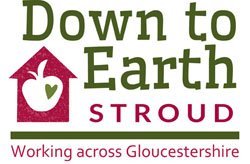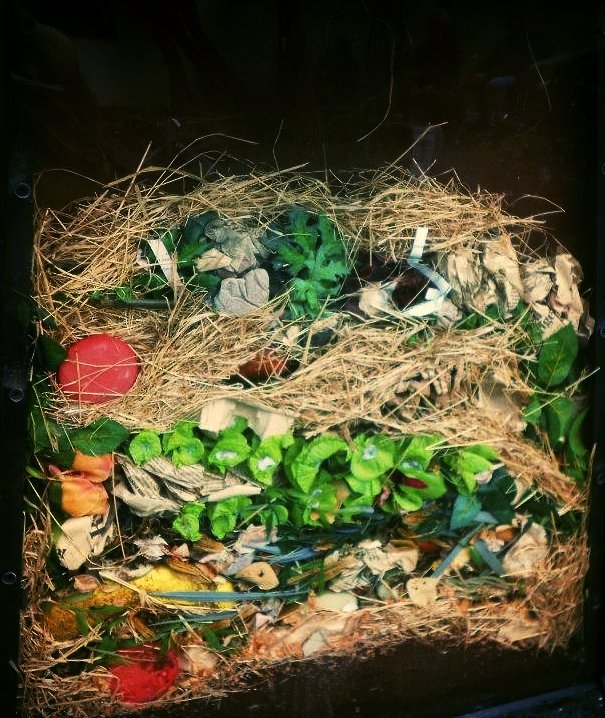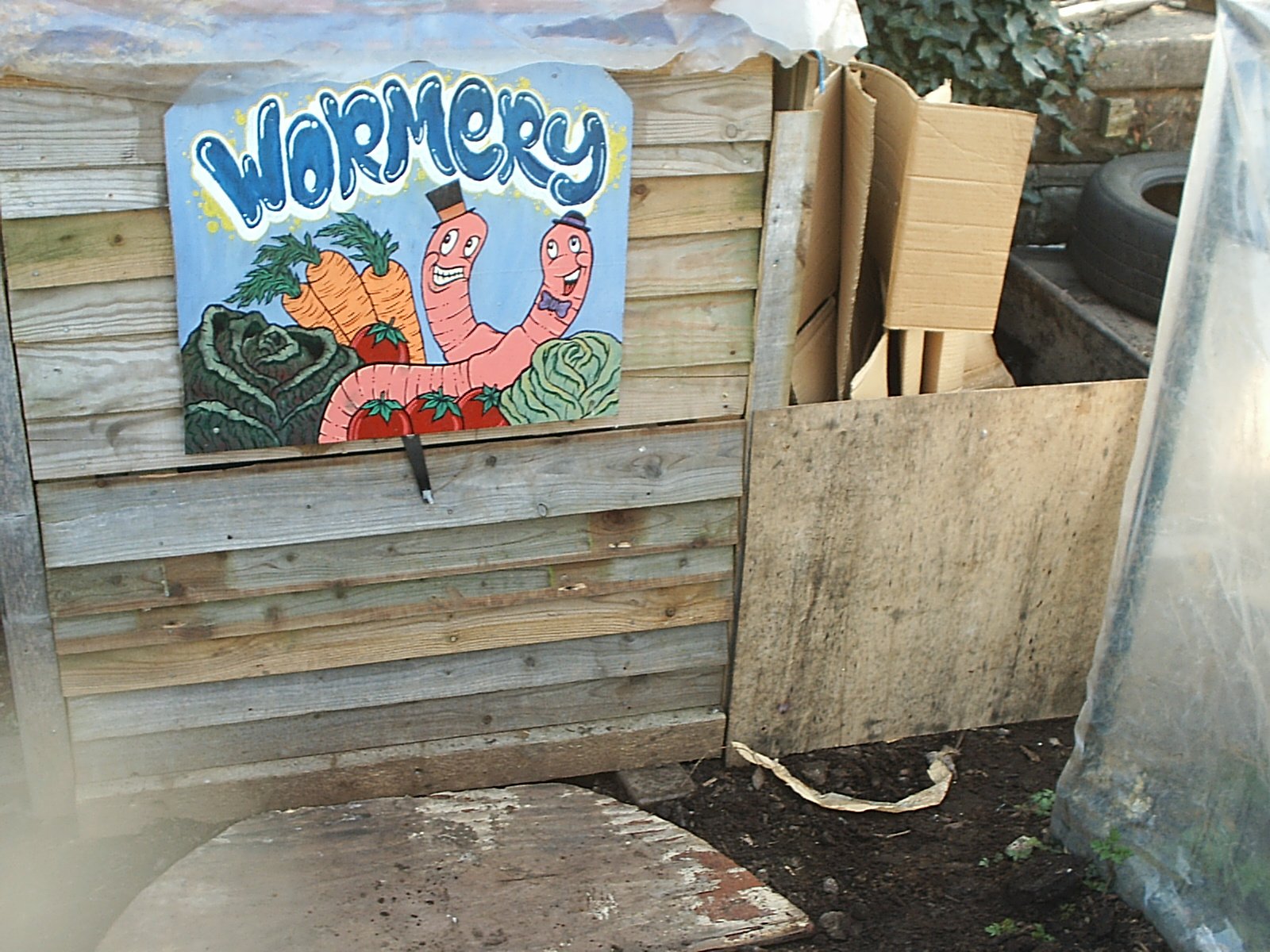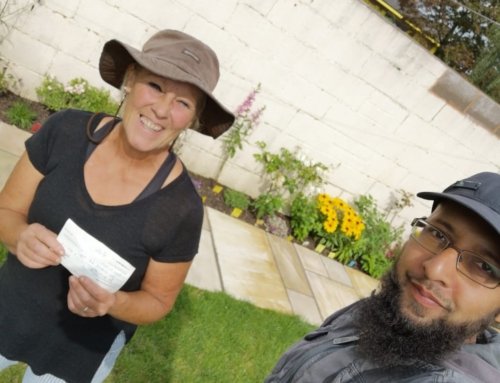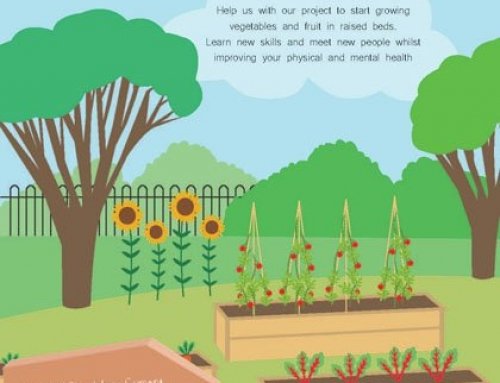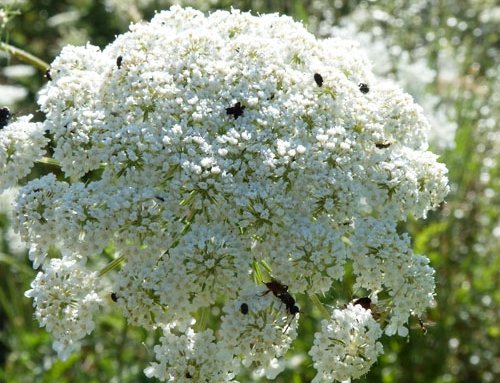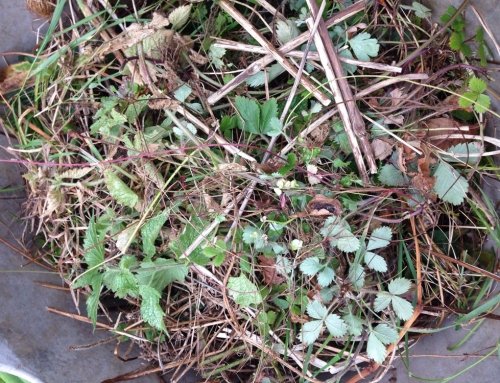Here is a piece about our new Composting Creatives project
Written by Fred
On Monday mornings, as well as gardening at Selsley allotment gardens, we get involved in composting. The compost project at Selsley is ready to ask people for their kitchen waste. We are inviting people to give their waste, and will show how they can deliver that to us. Cafe waste may also be a possibility, especially coffee grounds. Ideally we’d be looking at 10 households and 1 business to start us off.
We will be showing how to compost in the garden or back yard. It will not be a massive operation, as we do not have lots of space, but it will have two aims.
1) The first is to promote home and on-site composting. We will have compost bins, hot-bins, and wormeries in operation that are available through Gloucestershire County Council’s web site, at a subsidised rate.This is the link : http://www.gcc.getcomposting.com/
So we are going to be showing these Composters in operation, for people to come and see. This is relevant to households, but also to institutions and businesses that create food waste, such as cafes and hotels, and schools, if they have some land (they are allowed, under the composting regulations to compost it on the premises, as long as it meets environmental standards and the resultant compost is used on the site and not removed).
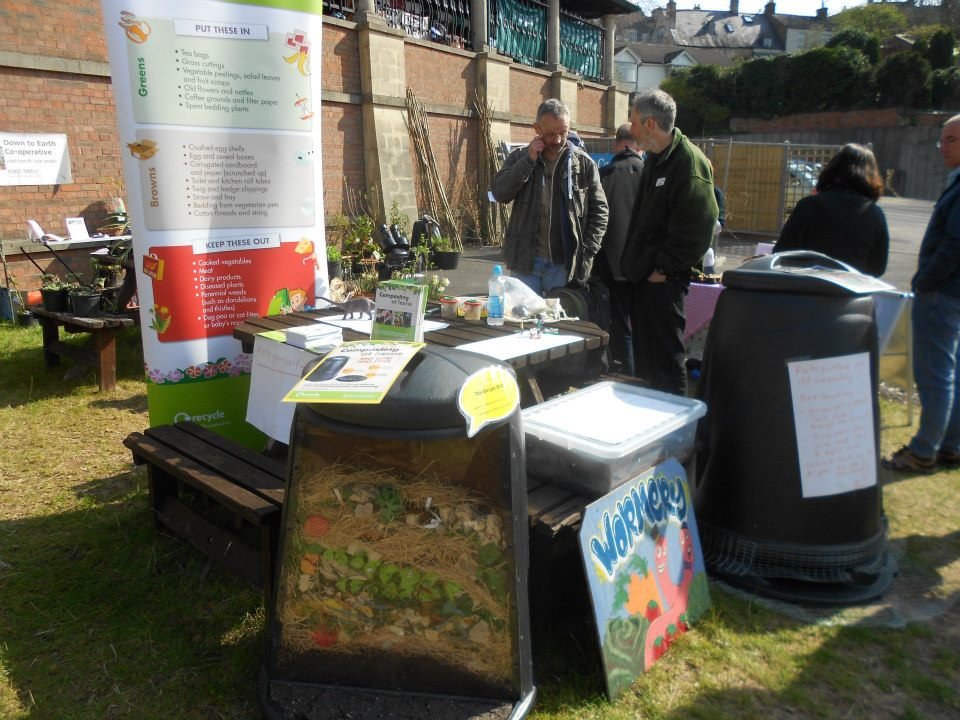 |
| Fred and Nick talking compost at our 2013 Spring gardening event |
It is often hard to visualize how Composters operate, when you just see a picture on a web site, and read the blurb. This will be a hands on resource with guidance on how they work. It is often the details, that are not always in the leaflet, that help the process to work. We will also be showing how to overcome some of the barriers to home composting, such as rats, or it going too slimey. And we will be piloting and testing different Composters to see how well they work, as well as devising new DIY designs, that may work just as well or better !
We aim to enthuse people to have a go, by sharing the skills and the recipes, for good composting. To have an insulated box containing the right mixture of woody and green wastes, creating a whole load of heat out of nowhere, is quite satisfying, or nurturing your own colony of special composting earthworms. To know that you are making a twiggy habitat for beetles to live in, and that you are returning carbon to the soil, instead of to the atmosphere.
2) A slightly more abstract aim, is to model the community composting of our wastes. Although this is not an official community composting site, we will be working with a few people to process local garden and kitchen waste, in order to demonstrate the reclamation of this resource and the building of wonderful soil with it. In a humus-rich soil we can grow crops with good plant health and high yields.
In an urban environment, the concentration of humans means there is a concentration of organic wastes, which is a wonderful resource. It is also a problem, especially in third world cities, where huge piles of rotting stenching rubbish cause sanitation and disease problems, which could be turned into a positive. In some local authorities, the food waste is collected and composted. Other parts of Gloucestershire (not Stroud district), have a household food waste collection service, and it is taken to an ‘in-vessel’ composting facility at Dymock. This is very good, and is better than having the food go into the landfill waste. But it uses a lot of energy to collect the waste, the lorries, and the composting process, and costs a lot, so community level composting of garden and food waste would be a more sustainable alternative.
There are hurdles to cross in this process such as proving that it is being done in a responsible way: you can cause pollution to water ways, rat infestations, the spread of foot and mouth disease to livestock, and more besides ! The list is long that can put us off. But the list is longer, of why we need to do this, for the environment, and how it can generate productivity, and social gains.
If you are interested in becoming involved in this project please send us an e-mail at info@downtoearthstroud.co.uk or call us on 01453 700 011
